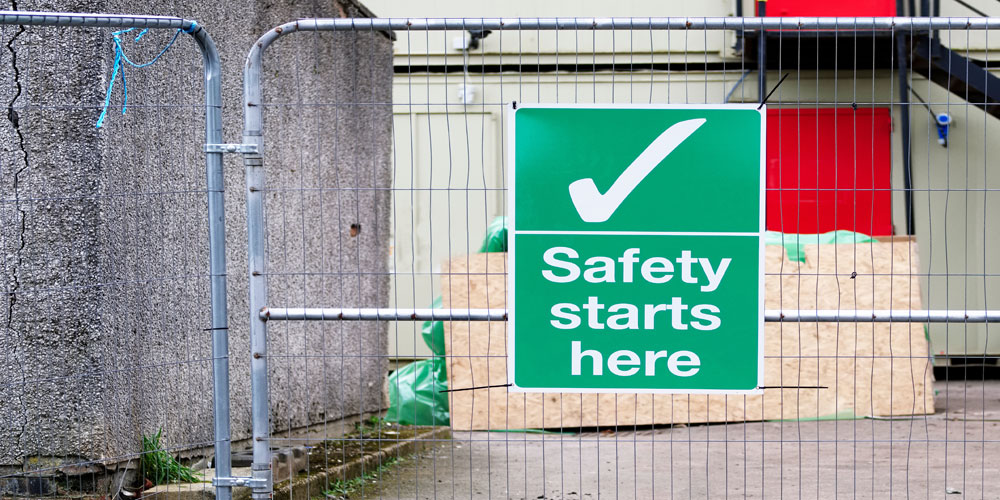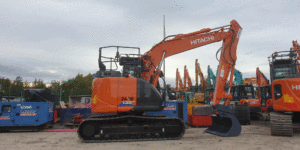
Ensuring a safe and healthy work environment is of utmost importance for any organisation. One crucial aspect of maintaining workplace health and safety is proper record keeping. Keeping accurate and comprehensive records not only helps organisations comply with legal requirements but also plays a vital role in the overall management of occupational health and safety. In this post, we will explore the importance of proper record keeping in the context of health and safety at work.
1️⃣ Compliance with Legal Regulations:
Proper record keeping is a legal requirement in many jurisdictions. Governments and regulatory bodies have established specific guidelines and regulations that mandate organisations to maintain detailed records of their health and safety practices. By adhering to these regulations, organisations demonstrate their commitment to providing a safe work environment and mitigate the risk of potential legal penalties.
2️⃣ Incident Investigation and Prevention:
Accurate records are essential for investigating workplace incidents and accidents. In the unfortunate event of an accident, proper record keeping enables employers and safety professionals to identify the causes, analyse trends, and implement appropriate measures to prevent similar incidents from occurring in the future. Detailed records can provide valuable insights into hasards, near-miss situations, and patterns that may not be apparent otherwise.
3️⃣ Hasard Identification and Risk Assessment:
Keeping records related to hasard identification and risk assessments is vital for effective health and safety management. These records can help identify potential hasards, evaluate their severity and likelihood, and determine appropriate control measures. By maintaining a comprehensive record of these assessments, organisations can track the effectiveness of control measures over time and make necessary adjustments to ensure ongoing employee safety.
4️⃣ Training and Certification:
Proper record keeping also extends to employee training and certification. Organisations must maintain records of employee training sessions, certifications, and refresher courses. These records serve as evidence that employees have received the necessary training to perform their jobs safely. They also help identify any skills gaps or areas that require additional training, allowing organisations to address those needs promptly.
5️⃣ Compliance Audits and Inspections:
During regulatory inspections and compliance audits, accurate records play a crucial role in demonstrating an organisation’s commitment to health and safety. Inspectors and auditors rely on records to assess an organisation’s compliance with applicable laws and regulations. Having well-organised records readily available can streamline the inspection process and ensure a smoother overall experience.
6️⃣ Continuous Improvement:
Proper record keeping facilitates continuous improvement in health and safety practices. By regularly reviewing records, organisations can identify areas for improvement, monitor the effectiveness of implemented measures, and measure progress over time. These insights can help develop proactive strategies to enhance workplace safety, reduce accidents, and foster a culture of continuous improvement.
In conclusion, maintaining proper records is a fundamental aspect of effective health and safety management in the workplace. It not only helps organisations comply with legal obligations but also supports incident investigation, hasard identification, training, compliance audits, and overall improvement. By prioritising proper record keeping, organisations demonstrate their commitment to the well-being of their employees, create safer work environments, and mitigate potential risks.
Remember, health & safety is everyone’s responsibility, and accurate record keeping is an essential tool in achieving a safer workplace for all.






You have mentioned very interesting details! ps nice website.Raise range